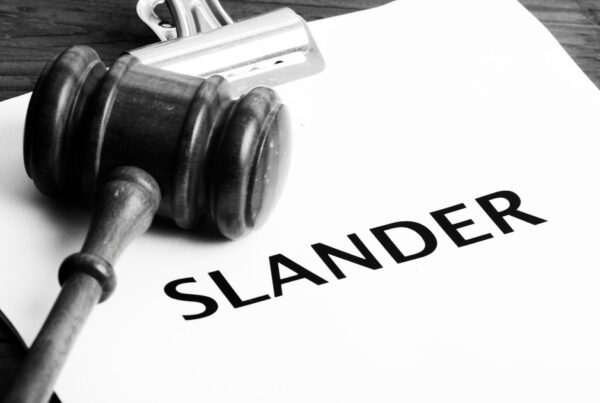 Owning a condominium in Miami comes with its own set of perks and challenges. One crucial aspect that all condominium owners need to understand is insurance coverage. Condominium insurance can be a maze of complex policies, leaving many owners baffled about what is covered and what isn’t.
Owning a condominium in Miami comes with its own set of perks and challenges. One crucial aspect that all condominium owners need to understand is insurance coverage. Condominium insurance can be a maze of complex policies, leaving many owners baffled about what is covered and what isn’t.
In this blog post, we will unravel the intricacies of insurance coverage for condominiums in Florida, helping you navigate through the complexities with ease.
Understanding Condominium Insurance
Condominium insurance is often divided into two main categories: the master policy and the individual unit policy.
1. Master Policy
The master policy is typically held by the condominium association. It covers the common areas of the condominium complex, such as the lobby, swimming pool, elevators, and hallways. This policy safeguards these shared spaces against damages caused by perils like fire, vandalism, and natural disasters. However, the extent of coverage can vary, so it’s essential to review the master policy to comprehend what exactly is protected.
2.Individual Unit Policy
As a condominium owner, you need your own insurance policy, known as an individual unit policy or an HO-6 policy. This policy covers everything within the walls of your unit that isn’t covered by the master policy. This includes your personal belongings, appliances, fixtures, and any improvements you’ve made to the unit.
Decoding Coverage: What’s Included & What’s Not
Understanding what is covered and what isn’t in your individual unit policy is crucial.
1. Covered Perils
Individual unit policies typically cover perils such as:
- Fire and smoke damage
- Theft and vandalism
- Water damage from burst pipes or leaks
- Windstorm and hail
- Liability coverage in case someone is injured within your unit
2. Notable Exclusions
While individual unit policies offer comprehensive coverage, certain situations might be excluded, such as:
- Floods: Condominium policies usually don’t cover flood damage. Consider purchasing a separate flood insurance policy.
- Earthquakes: Similar to floods, earthquakes are often not covered. You may need to acquire additional coverage if you live in an earthquake-prone area.
- Wear and Tear: Regular wear and tear or maintenance issues aren’t covered by insurance policies.
Navigating the Claims Process
When it comes to filing an insurance claim, the process can be intricate.
1. Assess the Damage
In case of damage to your unit, assess the situation and document everything. Take photos or videos as evidence.
2. Contact Your Insurer
Reach out to your insurance company as soon as possible. Provide them with the necessary information and evidence related to the damage.
3. Understand the Settlement
Your insurance provider will evaluate the claim and offer a settlement. Make sure you understand what is covered and the amount you’re entitled to.
4. Condominium Association Involvement
If the damage affects the building’s structure or common areas, the condominium association might also get involved, as their master policy could cover part of the damage.
5. Seek Legal Advice
If you encounter difficulties in receiving a fair settlement, consider consulting a legal expert who specializes in condominium insurance claims.
Conclusion
Navigating the labyrinth of condominium insurance policies in Florida may seem overwhelming, but with a clear understanding of the master policy, individual unit policy, coverage inclusions, and claims process, you can secure your investment and belongings effectively.
Remember, each policy can vary significantly, so take the time to read and comprehend the terms. If you find yourself facing insurance-related issues, don’t hesitate to seek guidance from legal professionals who specialize in condominium insurance. By staying informed, you’re ensuring a safer and more secure future for your condominium.
For more expert legal guidance on this topic, contact one of our experienced attorneys at 305-570-2208. You can also email our lead attorney Eduardo directly at eduardo@ayalalawpa.com.
We at Ayala Law PA are passionate about helping those in legal need, so please don’t hesitate to schedule a case evaluation with us online here.
Subscribe to Our Blog
Stay informed with our latest blog posts delivered directly to your inbox. Gain valuable legal insights, tips, and advice from our seasoned attorneys.






